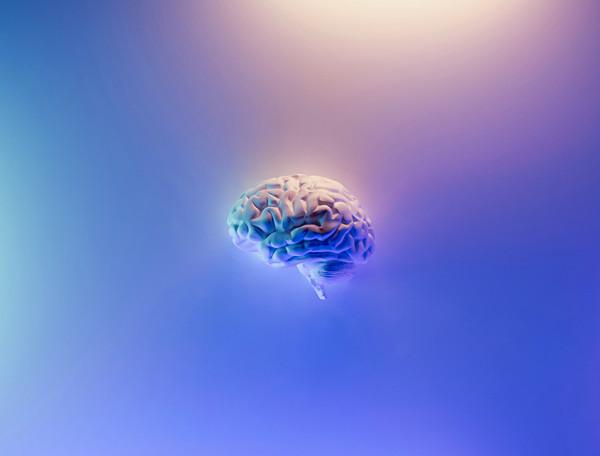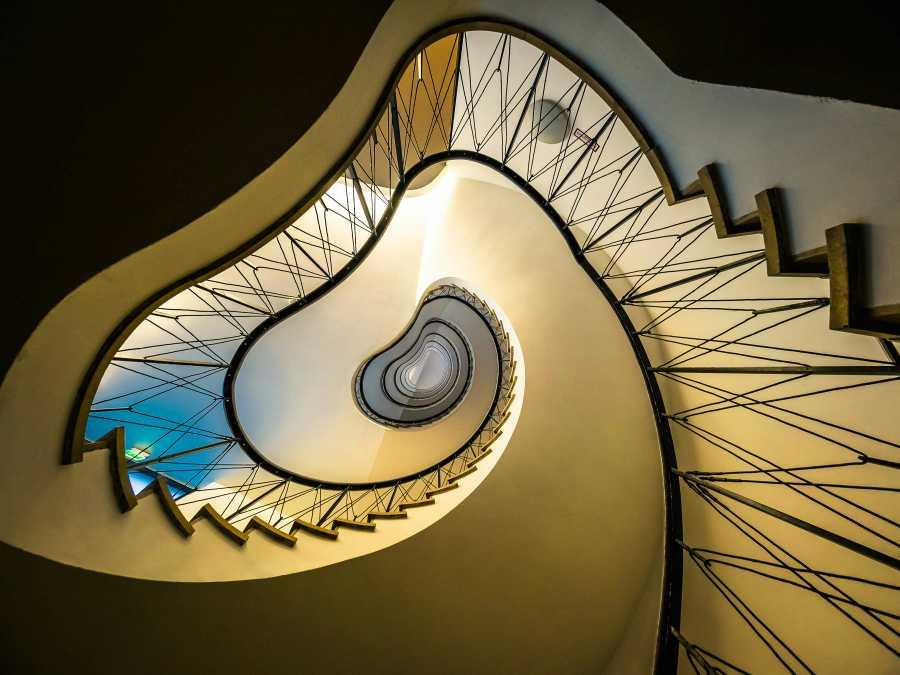How Your Brain Can Create False Memories
Curated from: verywellmind.com
Ideas, facts & insights covering these topics:
3 ideas
·4.54K reads
3
Explore the World's Best Ideas
Join today and uncover 100+ curated journeys from 50+ topics. Unlock access to our mobile app with extensive features.
False memories
A false memory refers to a distorted recall of an event.
They can be completely unreal. In some cases, false memories may comprise aspects of the fact that have been distorted by interfering information or other memory distortions.
227
1.99K reads
Characteristics of a false memory
Common elements of false memory include:
- Mental experiences that people think are authentic and exact representations of past events.
- Meaningless specifics (thinking you hung your keys near the door when you got home) to much more meaningful and serious ones (thinking you can provide details related to a crime, because you think you saw someone at the scene.)
- False memory is not the same thing as the common memory errors. A false memory is not just a simple error, because it relates to a level of confidence in the legitimacy of the memory.
212
1.3K reads
False memories: what causes them
- A false memory can be influenced by aspects like misinformation and misattribution of the original source of the information.
- Existing knowledge and other memories can also interfere with the creation and development of a new memory, causing the recollection of an event to be mistaken or entirely false.
- It is also possible to induce false memories through suggestion.
204
1.24K reads
IDEAS CURATED BY
Everly 's ideas are part of this journey:
Learn more about personaldevelopment with this collection
How to close the deal
How to handle objections
How to present your value to your employer
Related collections
Similar ideas
5 ideas
How Does Misinformation Influence Our Memories of Events?
verywellmind.com
3 ideas
“Luke, I Am Your Father”: The Formation of False Memories
psychologytoday.com
4 ideas
Read & Learn
20x Faster
without
deepstash
with
deepstash
with
deepstash
Personalized microlearning
—
100+ Learning Journeys
—
Access to 200,000+ ideas
—
Access to the mobile app
—
Unlimited idea saving
—
—
Unlimited history
—
—
Unlimited listening to ideas
—
—
Downloading & offline access
—
—
Supercharge your mind with one idea per day
Enter your email and spend 1 minute every day to learn something new.
I agree to receive email updates

